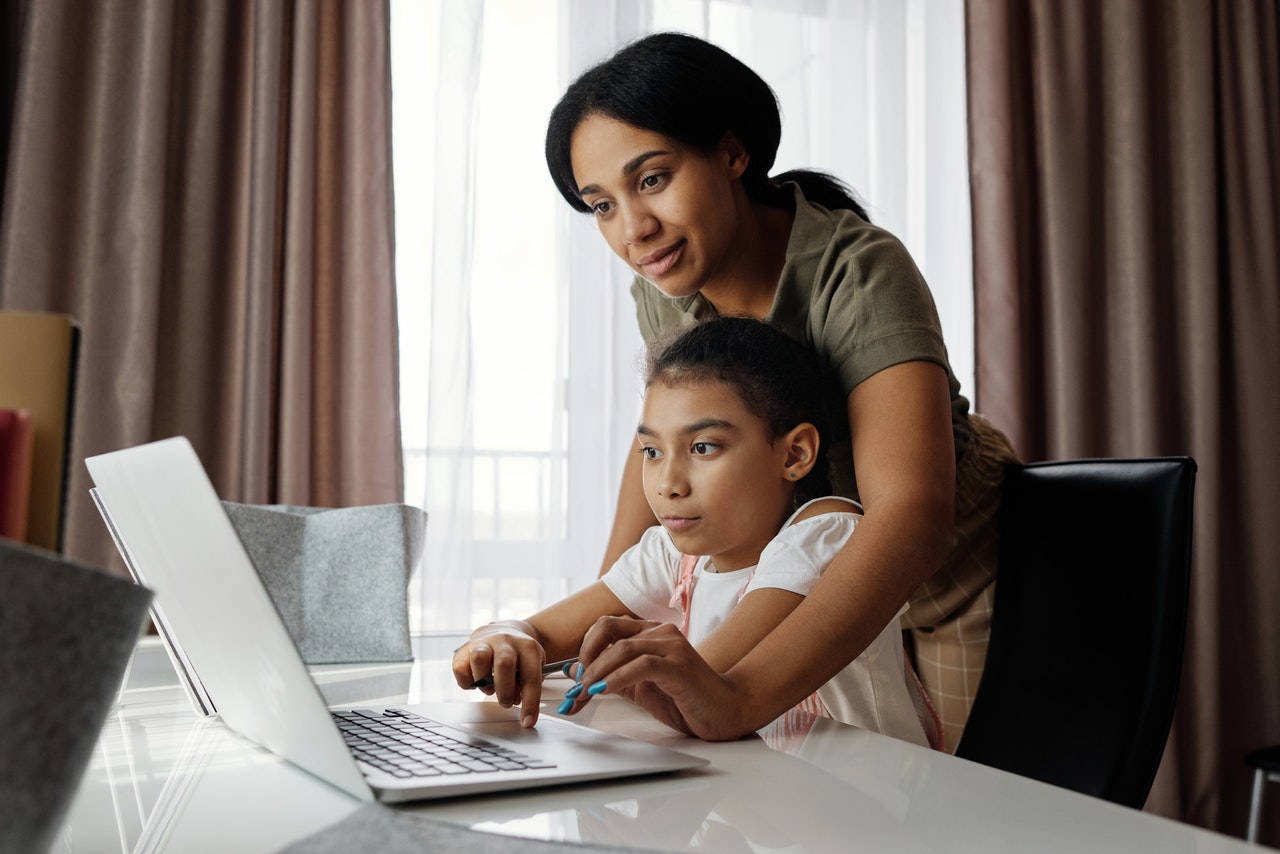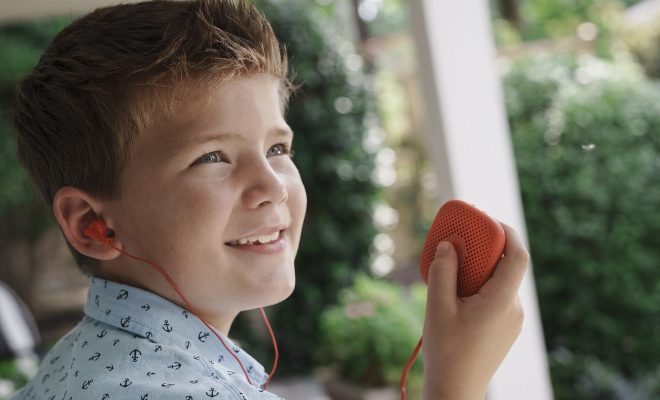Know When to Say When With Screen Time for Kids

Kids, nowadays, are spending more time with screens. But post-school closure, it spiked to about six hours per day and now reaches an average of 8:40 hours per day. Even the number of messages in the WhatsApp groups of children is now five times higher, and as for teens aged 13 and over, it is now 7.5 times higher than before. This surge in screen use is making parents anxious and pushing them to take measures to limit their screen time.
Previously, the American Academy of Pediatrics (AAP) had set a general screen time limit: two hours in front of any screen for kids over age 2. Today, defining screen time has become difficult. However, AAP recommends that consistent limits on the use of any media should be levied on kids and teens 5 to 18 years. Since all screen time cannot be equal, parents need to decide how their teens use screens. For example, time spent on educational activities is not equal to time playing games. For teens and kids of all ages, screen time should not be replaced with the time needed for sleeping, eating, being active, studying, and interacting with family and friends.
To help families curb kids use, groups such as the American Academy of Pediatrics (AAP) and the World Health Organization have disseminated a new screen limit guidelines. The AAP guidelines focus on setting healthy guidelines to prevent kids from using their devices in an unhealthy manner.
Guidelines By AAP:
The American Academy of Pediatrics (AAP) asks and encourages parents to help their children develop healthy media use habits early on.
For children below 18 months, the use of screen media other than video-chatting should be discouraged.
Parents of children 18 to 24 months of age should use apps that have been vetted by experts and use them together with children.
For children older than two years, keep the screen use to no more than 1 hour or less per day of high-quality programming. Co-play and find other activities to do together is healthy for the body and mind.
All children and teens need to sleep 8-12 hours, depending on age. Designate media-free time together (e.g., family dinner) and media-free zones (e.g., bedrooms). Children should never sleep with devices in their bedrooms, including TVs, computers, and smartphones.
AAP encourages parents to create personalized media use plans for their children. These plans should take into account each child’s age, health, personality, and developmental stage. Create a Family Media Use Plan and remember to communicate the plan to other caregivers so that media rules are followed consistently.
Guidelines By WHO:
The World Health Organization has released guidance for how much screen time children under five should get, i.e., not very much.
The children under one should not have any screen time while those under five should not spend more than one-hour watching screens every day — and that less is better.
Tips for limiting your kid’s screen time:
- Research videos and computer games before letting your kids get them. Check the ratings, which can run from EC (early childhood) to AO (adults only.) Teens should be limited to games rated T (for “teens”) or younger.
- Preview games or play them with your teen to see what they’re like.
- Ensure that kids have free-time activities that do not include tech, like spending time with friends and playing sports.
- Turn off all screens during family mealtime and at bedtime. Also, keep devices with screens out of your teen’s bedroom after bedtime, and don’t allow a TV in your teen’s bedroom.
- Treat screen time as a privilege that has to be earned. It is only allowed after chores, and homework is done.
- Spend screen time with your kids to make sure what they are watching is appropriate.
- Use parental control on the TV and computer devices to block your teen’s access to inappropriate material.
- Teach them about internet safety and social media smarts, and make sure they know the dangers of sharing private information online.
- Place computer devices in a common area where you can monitor their use.






